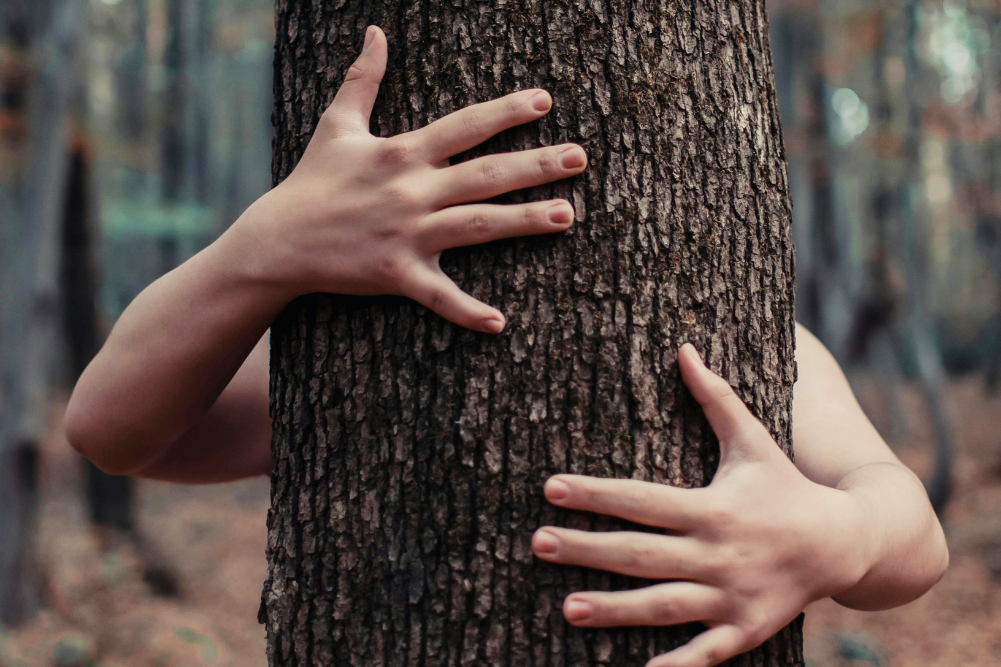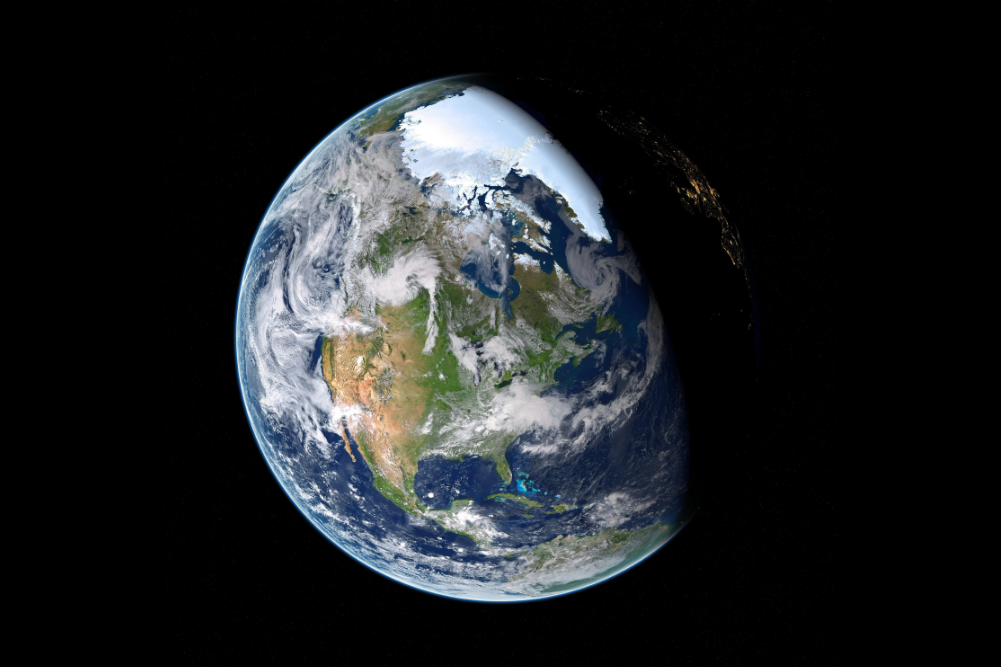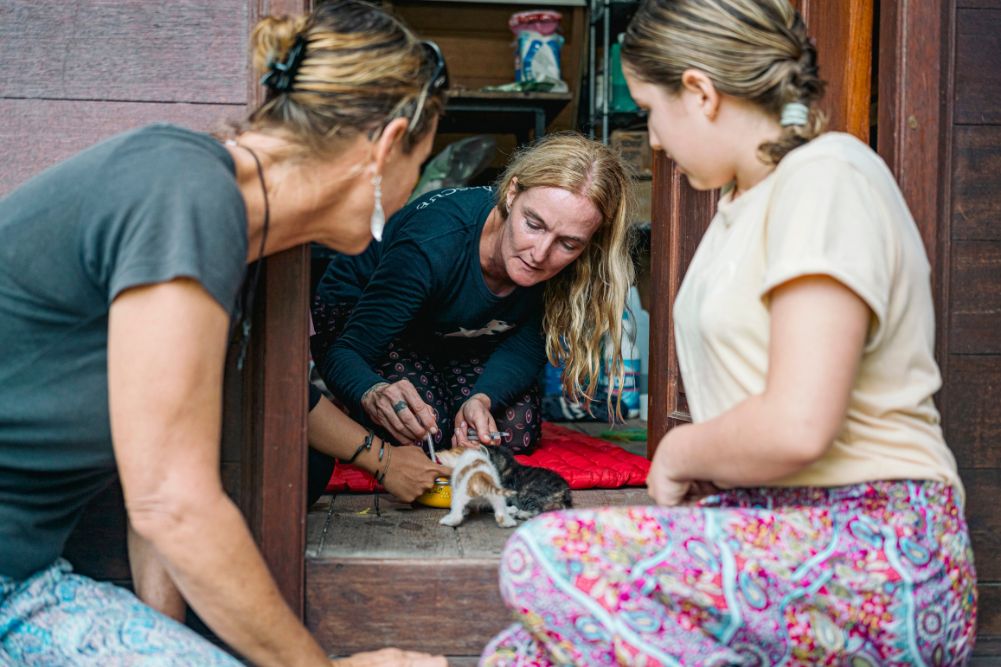Rethinking consumption culture and sustainability to save the world as we know it
It is hard to conceive of a planetary crisis more threatening than the one we are negotiating with COVID-19. According to experts like Julian Cribb, an internationally acclaimed science writer, this is a taste of what we might be facing in the not too distant future if every single one of us does not commit to radically altering our daily patterns of consumption culture and just about everything else we do to destroy the planet. Otherwise, this might be the century which witnesses the unthinkable, the decimation of planet Earth and the extinction of the human race. I’ve always maintained that for anyone wanting to achieve a modicum of grace and equilibrium, just watch what everyone else is doing and do the opposite and you’ll be fine. In this case to save the planet we all have to be doing the opposite, otherwise our global home and our futures will be no more.
The year that passed was not even supposed to be about our survival. This was going to be the year of the environment when our elected representatives and those who cared about our future met to submit new plans in accord with the Paris Agreement in order to significantly reduce carbon emissions. The goal would be to halve these by 2030 and aim for zero emissions by 2040 if we hoped to have some chance of reducing planetary heating to a level that would not lock us in to inexorable devastation. But these meetings have not happened, and while we’ve become preoccupied with our own survival we’ve continued to ravage our home in ways that are beyond our awareness or concern.
I had no idea how much damage each of us was doing until I read Julian Cribb’s book Surviving the 21st Century. According to his exhaustive research, in our lifetime each one of us will have used almost 100,000 litres of fresh water, displaced 750 tons of topsoil, consumed 720 tons of metals and materials, used 5.4 British thermal units of energy, caused the release of 288 tons of CO2, caused the release of 320kg of toxic chemicals, wasted 13.4 tons of food and helped destroy 800 square metres of forest. In other words, we are using the equivalent of 1.6 planets to provide the resources we use and absorb our waste, asserts Cribb. If we keep going and maintain these wasteful patterns of woeful ignorance by 2030, we will need the equivalent of two Earths to support us, warns Cribb. Needless to say we only have one. It is also the rich and well off like us who consume far more resources than those in poorer countries. The average Australian devours seven times more resources than their Kenyan counterpart.
The solution
Cribb’s solution for our wanton wastefulness is patently obvious. We need to abort our consumption culture and commence recycling everything, especially water, food, plastics, timber and metals. It is incredible that we are doing virtually none of this right now. When there was an extended drought in Cape Town, South Africa, the locals quickly discovered what a precious resource water was and learned to recycle and use this vital commodity wisely and with respect. We have learned nothing from them, expecting that with desalination our access to water will be endless, regardless of the effects this practice will have on the oceans and our natural habitat. When I realised how much plastic I was using and releasing back into the world as waste and the effect that microplastics are having on the creatures of the ocean and on us, I started revisiting local farmers’ markets rather than buying packaged produce from supermarkets. Cribb would suggest that it would reduce my carbon footprint even more if I grew my own. Any increase in plants or vegetation would help to capture carbon.
The reason that we must instantaneously change our daily habits and the plans to comply with the Paris Climate Accord have to be adopted globally is because we are rapidly approaching a tipping point whereby global warming will reach a level that is irreversible. When this happens, processes will be set in motion, including the accelerated loss of ice in Greenland, the reduction in Arctic sea ice and thawing of permafrost with the massive release of stored methane, a warming effect much more powerful than carbon. This will result in large scale die-offs of coral reefs which are substantial carbon sinks. These consequences are all interconnected, and a domino effect will then lock in irreversible warming and the potential for widespread planetary decimation.
We have reached an inflection point whereby 2020 was considered the fork in the road emergency when we either committed to stabilising the planet with a substantial reduction in global warming or we ignored the warning signs leading to the establishment of hothouse Earth which would be unchangeable for millennia. The difficulties we had dealing with coronavirus will then resemble a low-level tennis tournament compared with the grand slam of catastrophes we might be facing.








